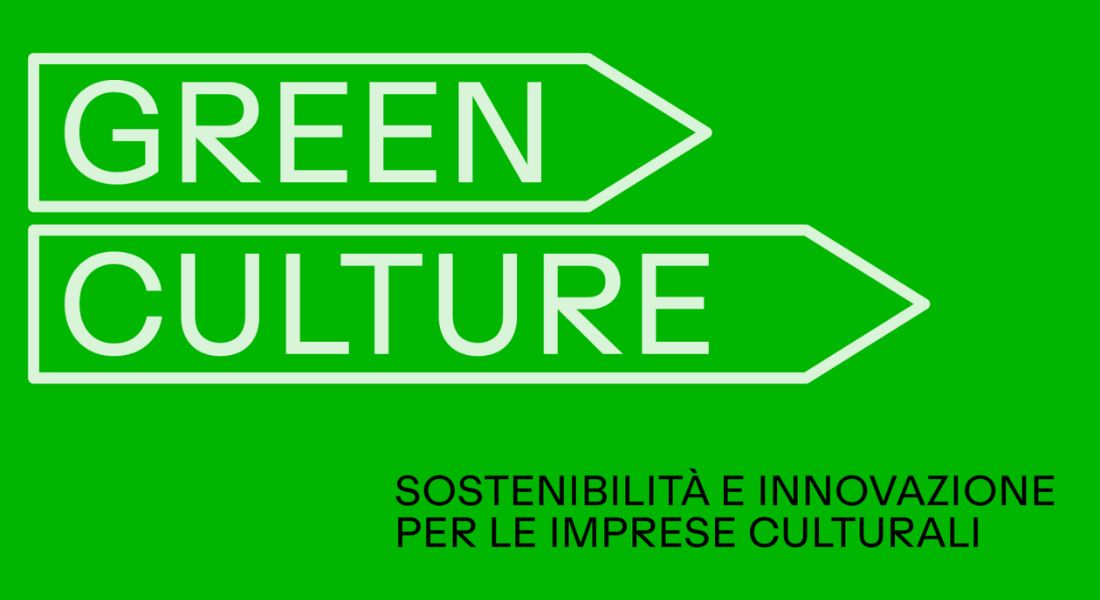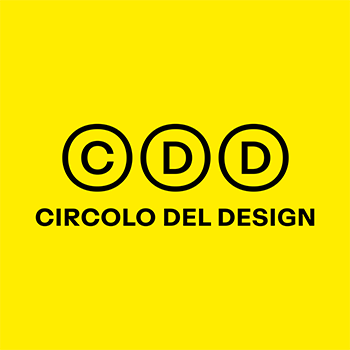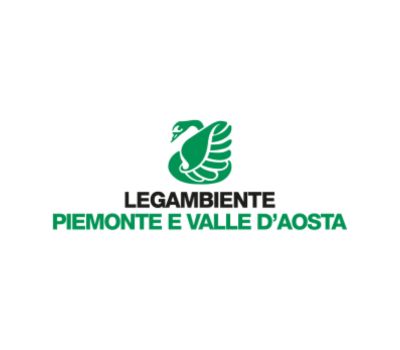Green Culture is a free training program designed to address the challenges of ecological sustainability. It is aimed both at Italian cultural institutions that want to embark on a path of change and innovation to plan their ecological transition, and at those who wish to acquire the skills to guide them in this process.
Faced with the rapid changes the world presents us with, doing one’s part is no longer just a commendable desire but a goal to pursue, as well as a competitive advantage to be built with tools and fueled by content and awareness.
Winner of the Ministry of Culture’s call for the creation of capacity building paths for the ecological transition for cultural operators, Green Culture is a project dedicated to Italian cultural and creative entities to train and guide them in building their specific and articulated green transition path.
Green Culture simultaneously structures the multifaceted skills of a professional figure expert in accompanying cultural institutions through a process of analysis, awareness, and internal transformation that leads entities to manage processes and produce sustainable projects.
The aim is also to generate a multiplier effect that transcends the experience conducted within the Green Culture path and can establish the presence of a new professional figure serving the cultural world.
The challenge of ecological transition is complex, and Green Culture responds by constructing a path rooted in the intersection of three disciplines: scientific environmentalism with its updated research and ability to define ecological issues across all levels of society, cultural economics through which management models are read, economic sustainability of processes is built, and the project cycle from idea to impacts is articulated, and design with its foundational orientation towards the production of innovation, the ability to center the experience of the involved people, and the implementation of tools and practices that favor participatory and goal-oriented planning.





